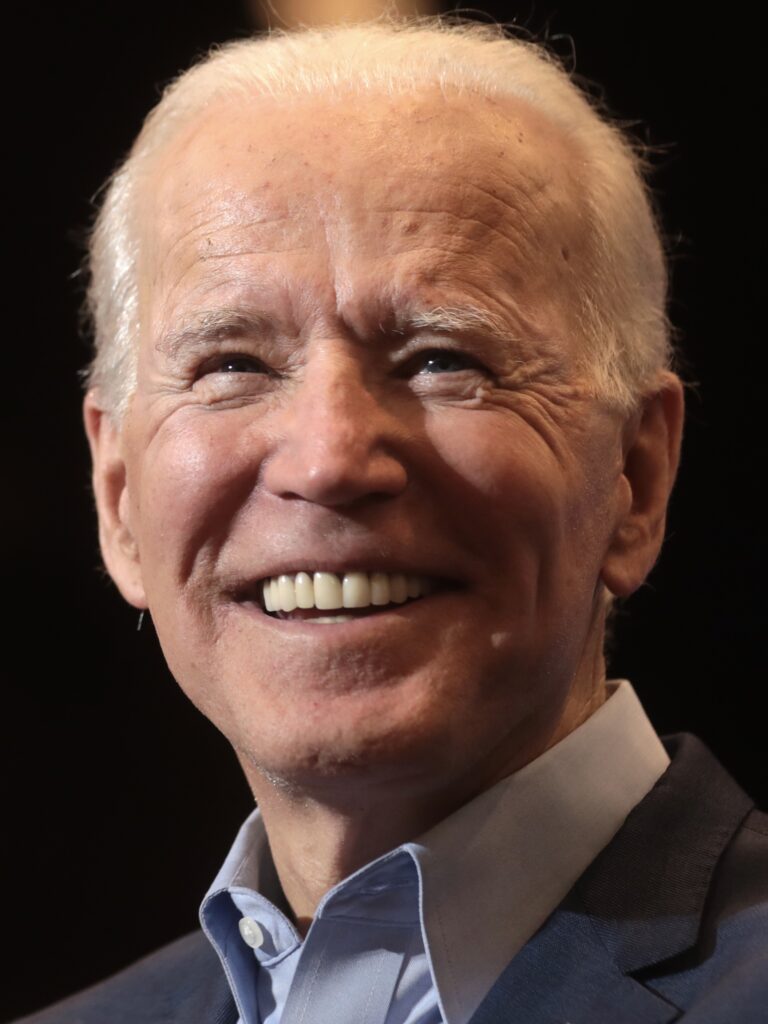FAYETTEVILLE, N.C. — The political landscape is heating up as President Joe Biden and Vice President Kamala Harris turn their attention to North Carolina, a state that could prove pivotal in the 2024 election. With the campaign trail blazing, the Democratic duo is set to visit the Tar Heel State on Tuesday, signaling a strategic emphasis on the South in their bid for reelection.
North Carolina, a state that narrowly favored former President Donald Trump in 2020, is witnessing a demographic shift that has Democrats hopeful. Despite Biden’s lower popularity compared to his last run, the state’s rapidly growing Democratic-leaning counties are expanding and deepening in their blue hue. This shift, coupled with a series of Republican nominees perceived as extreme, has infused the Democratic campaign with a sense of optimism about flipping this crucial battleground.
The Biden campaign is not taking any chances, having already staffed up key positions and included North Carolina in a significant $25 million ad buy for battleground states. This proactive approach contrasts sharply with the 2020 general election cycle when Biden did not visit the state until September. Anderson Clayton, chair of the state Democratic Party, emphasized the importance of early engagement, stating, “What we’ve really tried to do is go ahead and put boots on the ground and have an energy build up here.”
The stakes are high, with North Carolina’s 16 electoral votes potentially being essential for Biden, given his vulnerability in other states he carried four years ago. Rep. Wiley Nickel, D-N.C., underscored the importance of North Carolina in the electoral math, suggesting that without it, the path to victory becomes daunting.
Biden and Harris’s visit, while officially a White House event, is widely seen as the opening salvo in what promises to be a fierce and costly campaign season. They will tout in-state job growth, investments in local infrastructure, and the expansion of Medicaid under Governor Roy Cooper’s leadership. However, the underlying political undertones are unmistakable as Democrats prepare to engage in robust door-to-door and in-person voter engagement, a stark contrast to the 2020 campaign limited by the Covid pandemic.

Polls show Trump with a lead over Biden, with advantages on key issues like immigration and the economy. However, Biden holds a slight edge on topics such as abortion and preserving democracy, which resonate with North Carolina voters. The presence of Trump allies with deep roots in North Carolina politics, like RNC Chairman Michael Whatley and RNC co-chair Lara Trump, adds to the Republican confidence in the state.
Yet, Democrats see an opportunity in the controversial figure of GOP gubernatorial candidate Mark Robinson, whose past remarks have sparked widespread criticism. By linking Trump with Robinson, Democrats hope to sway voters against what they perceive as an extreme MAGA agenda.
The gubernatorial race itself is set to be historic, with Robinson potentially becoming North Carolina’s first Black governor and his opponent, Democratic state Attorney General Josh Stein, possibly its first Jewish chief executive. The state’s history of ticket-splitting adds another layer of complexity to the electoral dynamics.
As Biden and Harris prepare to make their case in North Carolina, health care emerges as a central theme. They aim to draw a clear distinction between their vision for health care and reproductive rights and the Republican proposals, particularly in light of the Supreme Court’s upcoming decision on abortion medication access.
The Biden campaign’s focus on health care is strategic, with advisers believing it to be a winning issue. They plan to contrast their efforts to expand access and lower costs with Republican plans that could undermine the Affordable Care Act and restrict reproductive freedoms.
The campaign season unfolds, North Carolina stands as a testament to the changing landscape of American politics. With both parties competing for an edge, the fight for the Tar Heel State could sway the outcome in the 2024 White House race.





